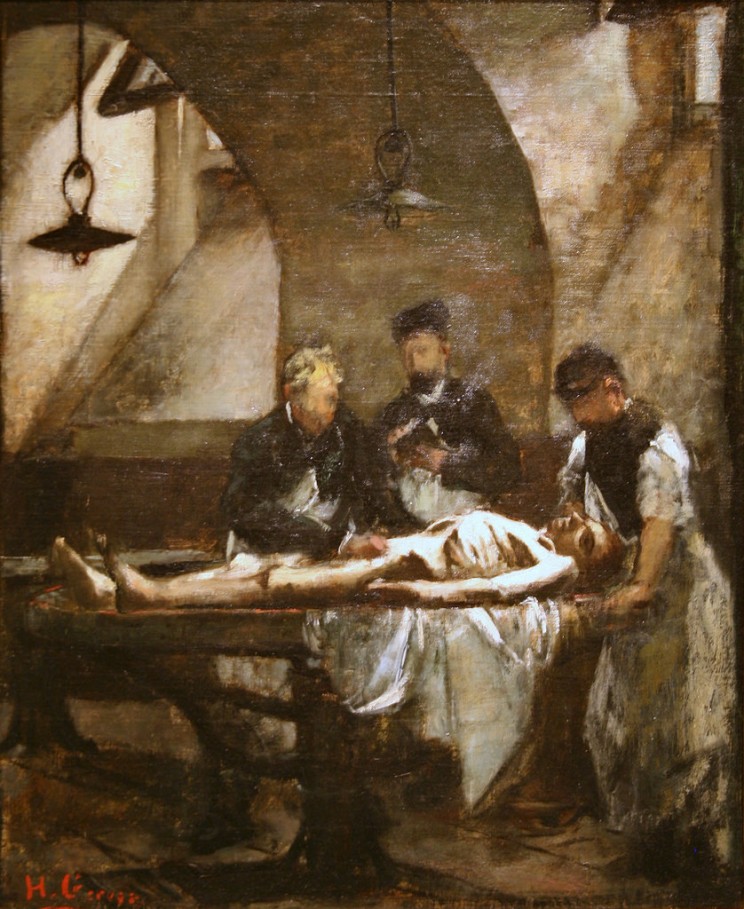402. Life is Not Enough: Medicine in Renaissance France
Challenges to Galenic medical orthodoxy from natural philosophy: Jean Fernel with his idea of the human’s “total substance,” and the Paracelsans.
Themes:
• J.M. Forrester and J. Henry (trans.), Jean Fernel’s On the Hidden Causes of Things: Forms, Souls, and Occult Diseases in Renaissance Medicine (Leiden: 2005).
---
• B. Copenhaver, Symphorien Champier and the Reception of the Occultist Tradition in Renaissance France (The Hague: 1979).
• A.G. Debus, The French Paracelsians: The Chemical Challenge to Medical and Scientific Tradition in Early Modern France (Cambridge: 1991).
• G. Giglioni, “Symphorien Champier on Medicine, Theology, and Politics,” in S. Gersh (ed.), Plotinus’ Legacy: the Transformation of Platonism from the Renaissance to the Modern Era (Cambridge: 2019), 96-124.
• H. Hirai, “Jean Fernel and his Christian Platonic Interpretation of Galen,” in H. Hirai, Medical Humanism and Natural Philosophy: Renaissance Debates on Matter, Life and the Soul (Leiden: 2011), 46-79.
• A. Wear, R.K. French, and I.M. Lonie (eds), The Medical Renaissance of the Sixteenth Century (Cambridge: 1985), 175-94.







Comments
Names
Since there are a lot of probably unfamiliar names in this episode, here is a list in order of their mention:
Jean Fernel; Johannes Guinter of Andernach; Joseph Duchesne; Alexandre de la Tourette; Loys de Launay; Jacques Grévin; Jean Ribit; [Roch] de Baillif; Jacques Dubois; Guillaume de Baillou; Symphorien Champier
Names
Thanks for the list of names. I've been enjoying your podcast for several years, listening early every morning with a cup of coffee. To absorb caffeine and philosophy is nicely warming on these cold winter days in Wellington! Although the written form of names can usually be found in the bibliography, I've often wished for a list of this kind. Many thanks to you for the enrichment of my mental life!
In reply to Names by Nelson Wattie
Names
As I've mentioned coffee is the fuel for writing the podcast so it's nice to think of it accompanying the listening experience too!
This episode was an extreme case with so many names, and because French names are hard to spell (the French: "let's pronounce only 30% of the letters in this word, shall we?"). But if there are older episodes you think would benefit from such a list, let me know and I can add that.
The latin of it...
If I didn't mishear, you mentioned the Latin for "life is not enough." If this is the case, could you tell us what it is?
Regards
aao
In reply to The latin of it... by Adnan Onart
Latin
It's non sat est vivere
Add new comment